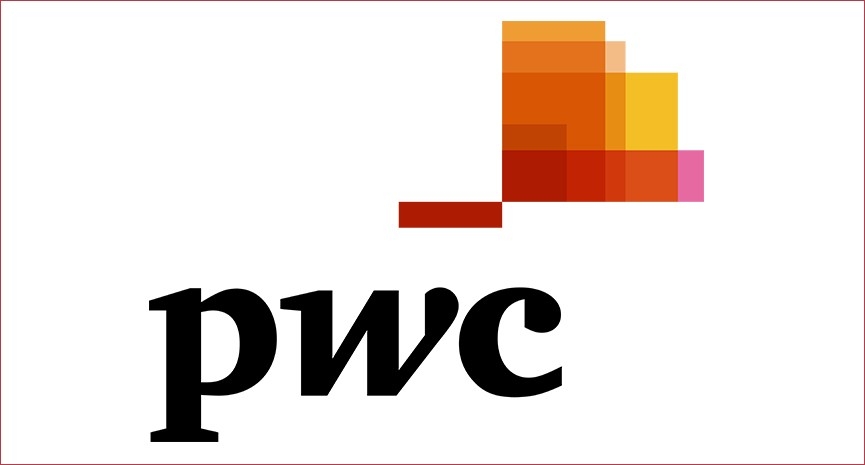Reported economic crime in South Africa hits record levels: PwC
South African organisations that have experienced economic crime are now at a staggering 77 percent, followed in second place by Kenya (75 percent), and thirdly France (71 percent).

February 28, 2018: South African organisations that have experienced economic crime are now at a staggering 77 percent, followed in second place by Kenya (75 percent), and thirdly France (71 percent). With half of the top ten countries who reported economic crime coming from Africa, the situation at home is more than dire. South African organisations continue to report the highest instances of economic crime in the world with economic crime reaching its highest level over the past decade.
The latest figures are as per the London- headquartered multi-national services company, PricewaterhouseCoopers (PwC)’s biennial Global Economic Crime Survey.
The Global Economic Crime and Fraud Survey examined over 7200 respondents from 123 countries, of which 282 were from South Africa.
As per a press release from PwC, 77 percent of South African organisations have experienced economic crime which remains significantly higher than the global average rate of 49 percent. Fraud committed by consumers ranks as the second most reported crime in SA. Chief executive officers and board members were increasingly being held accountable for the economic crime committed by the companies.
Only 37 percent of respondents have conducted an anti-bribery/anti-corruption risk assessment. 19 percent of organisations have spent between twice and ten times as much on investigations as the original amount lost to economic crime.
Trevor White, PwC Partner, Forensic Services and South Africa Survey Leader, said, “Economic crime continues to disrupt business, with this year’s results showing a steep incline in reported instances of economic crime. At 77 percent South Africa’s rate of reported economic crime remains significantly higher than the global average rate of 49 percent. However, this year saw an unprecedented growth in the global trend, with a 36 percent period-on-period increase since 2016.”
Economic crime in South Africa is now at the highest level over the past decade. It is also alarming to note that 6 percent of executives in South Africa (Africa 5 percent and Global 7 percent) simply did not know whether their respective organisations were being affected by economic crime or not.
While the overall rate of economic crime reported was indeed the highest for South Africa, the period-on-period rate of increase for South Africa and Africa as a whole was below that of American, Asian and European counterparts. From a regional perspective, the biggest increase in experiences of economic crime occurred in Latin America, where there was a 25 percent increase since 2016 to 53 percent in respondents who indicated they had experienced economic crime. The US was a close second with a 17 percent increase over 2016 to 54 percent of respondents, while the Asia Pacific and Eastern Europe experienced increases of 16 percent and 14 percent, respectively.
White further commented, “We believe that these jumps in reported crime are being driven by a heightened state of fraud awareness by respondents, and in this lies the silver lining.
“We have seen paradigm shifts in the way that businesses are being run. Notably, the accountability for fraud and economic crime has moved into the executive suite, with the C-suite increasingly taking responsibility, and the fall, when economic crime and fraud occur. Organisations are beginning to shed their denial complex regarding the many blind spots they have in identifying fraud and are learning how to address them.”


